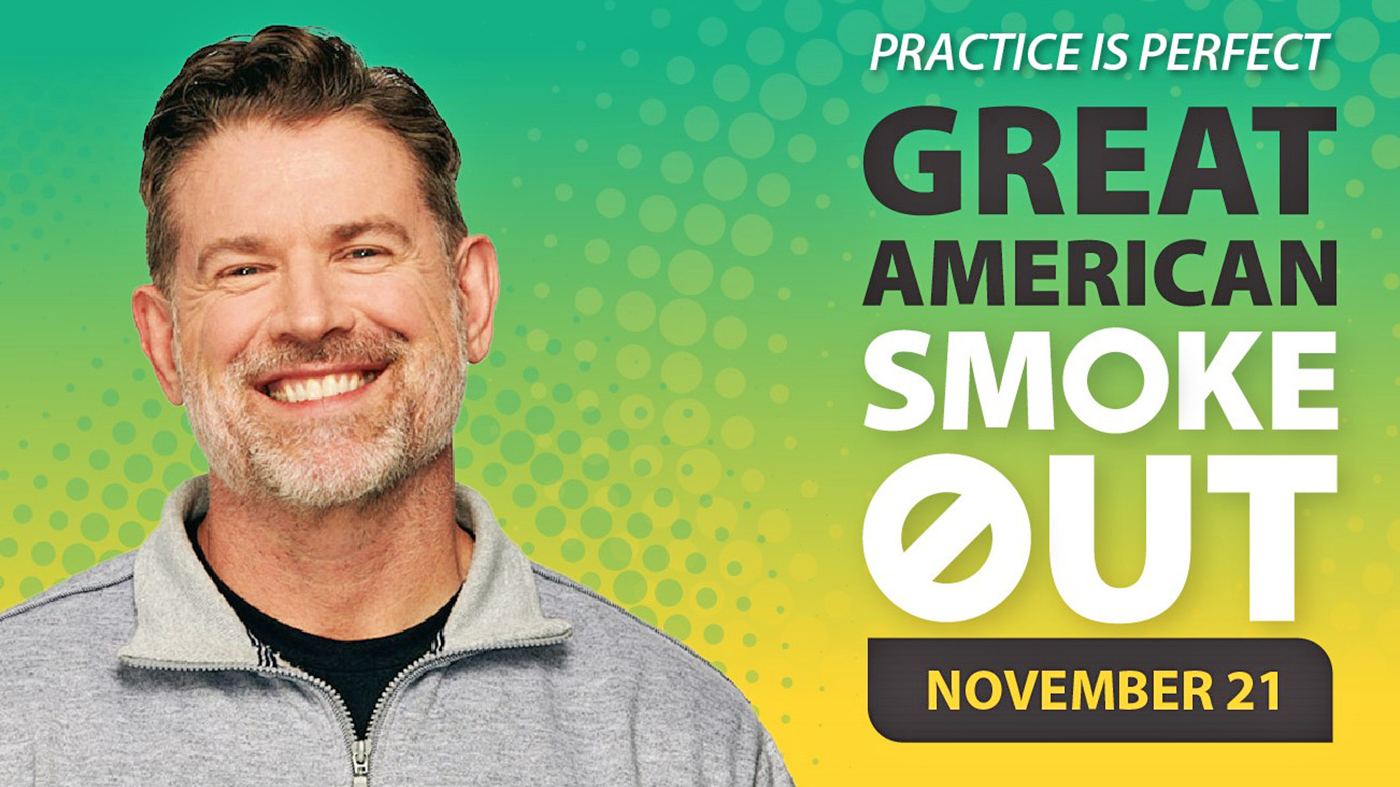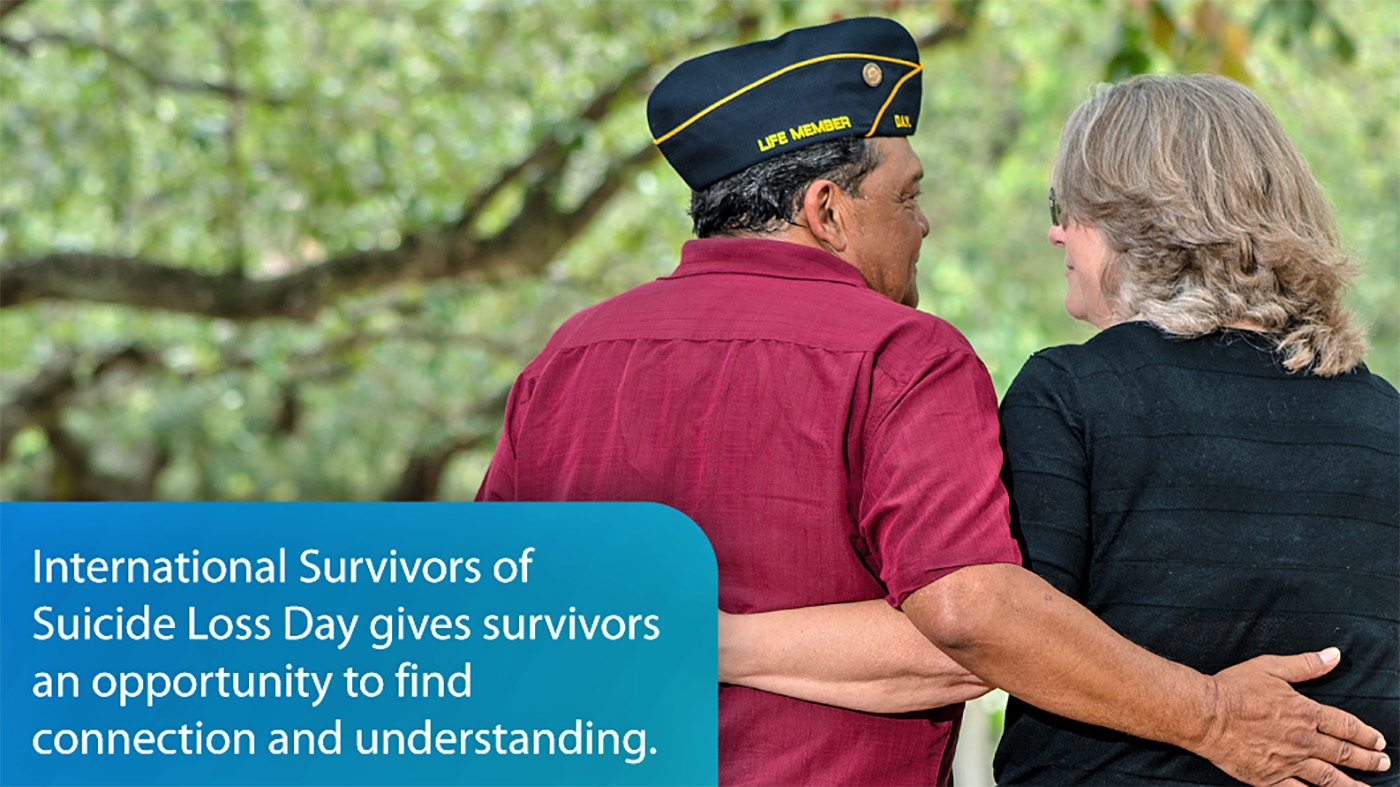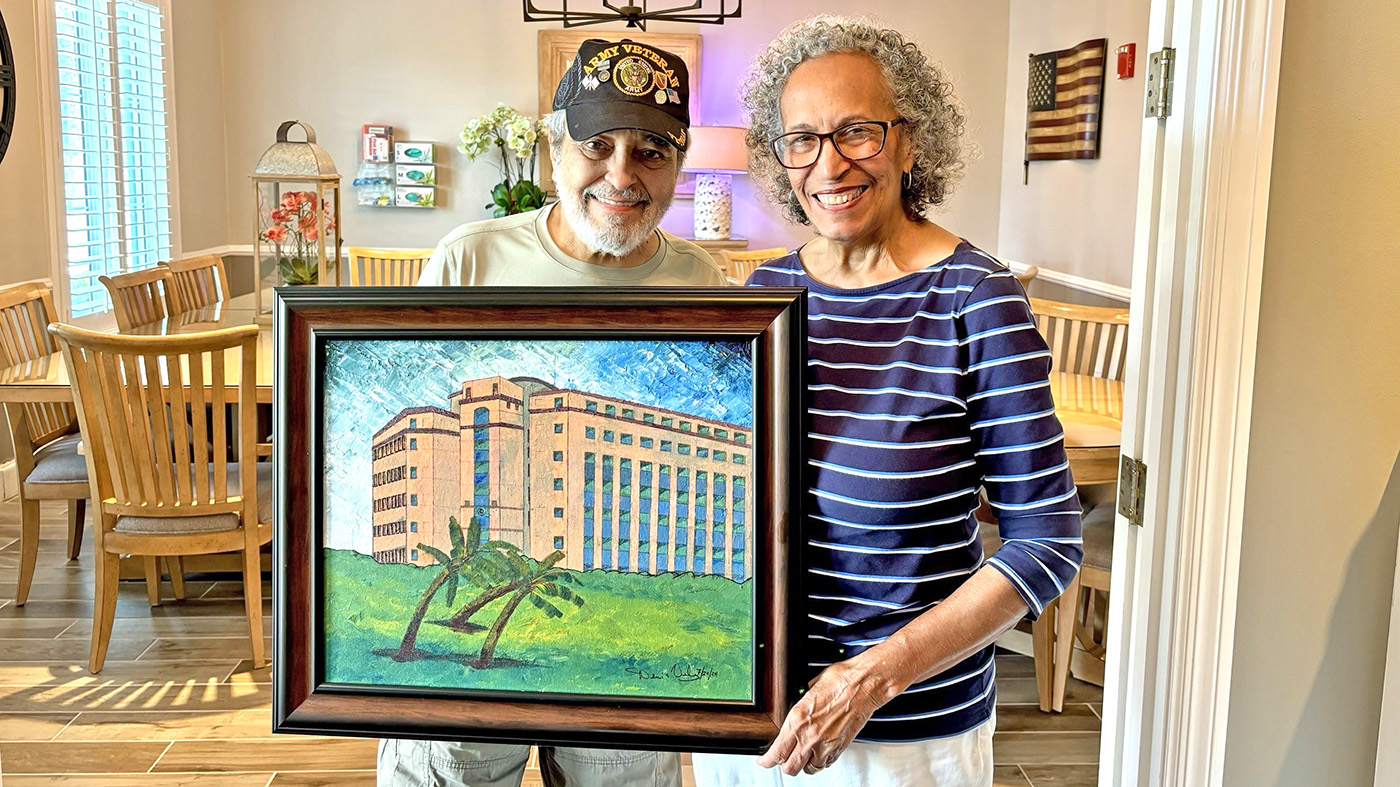Meeting Veterans where they are not only means transcending the physical boundaries of location and distance, but better understanding Veterans’ experience of health and health care. The Office of Discovery, Education and Affiliate Networks (DEAN), through its myriad programs and initiatives, seeks to do just that through health care innovations that let Veterans be more independent.
Health care innovation in many forms
Through its virtual physical therapy program, VHA Innovation Ecosystem, within DEAN, enables Veterans undergoing rehabilitation to safely do their exercises wherever and whenever needed, using a portable barre. Similarly, Veterans needing eyedrops—who also manage conditions such as tremors, Parkinson’s disease, or arthritis—now have a way to overcome the challenges of using conventional eyedrop bottles with “DropEase.” This VHA IE health care innovation helps Veterans safely and effectively administer drops on their own, and it is another example of DEAN meeting Veterans where they are.
Meeting Veterans where they are is also involves a better understanding of the “Veteran experience,” i.e. a Veteran’s unique point of view about health and health care, regardless of age, gender, ethnicity and technological skills.
For example, to better understand how Veterans experience acute and chronic pain, DEAN, through Simulation Learning, Evaluation, Assessment, and Research Network (SimLEARN), held its first Veteran eXpeRience event. This event showcased extended reality, virtual reality, simulation and immersive technologies. Guided by VA staff who are leaders in XR and immersive technology, 40 Veterans had the opportunity to use VR headsets to test various immersive experiences throughout the day.
Another critical perspective is understanding the unique needs of older Veterans. As they age, their need for advanced care increases, especially for those experiencing acute and chronic conditions. The Office of Academic Affiliations launched a 12-month geriatrics and extended care nurse practitioner residency (GEC-NPR) pilot. With 24 residents at eight VA medical facilities, the program offers residents a full-time training experience based on a competency-based curriculum emphasizing Veteran-centric health care, particularly the complex health needs of aging Veterans.
DEAN’s Veteran-centric approach to health care informs its many innovations, projects and events. To learn more, DEAN’s 2022 Annual Report is now available at on its website.
Topics in this story
More Stories
For the Great American Smokeout, explore VA resources and learn why every attempt to stop smoking is a step toward success.
If you’ve lost a loved one to suicide, resources and support are available to help you cope during your grieving and healing.
Army Veteran Denis Velez donated a painting of his VA hospital as a way of giving back for his treatment there.







I’m a peace time veteran who trained with on the old M1, browning and other ear busting weapons without ear protection. I developed ear tingling. Can 1958 veterans get hearing aids.